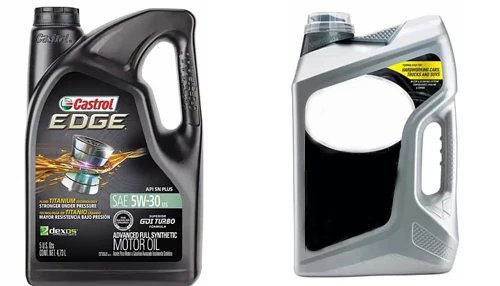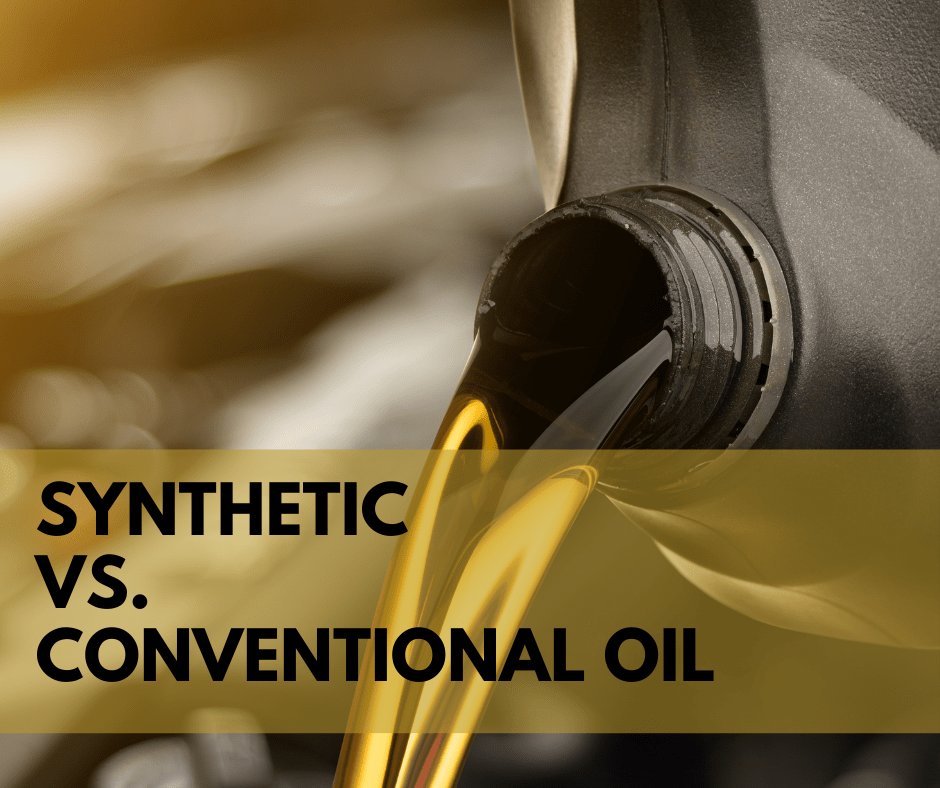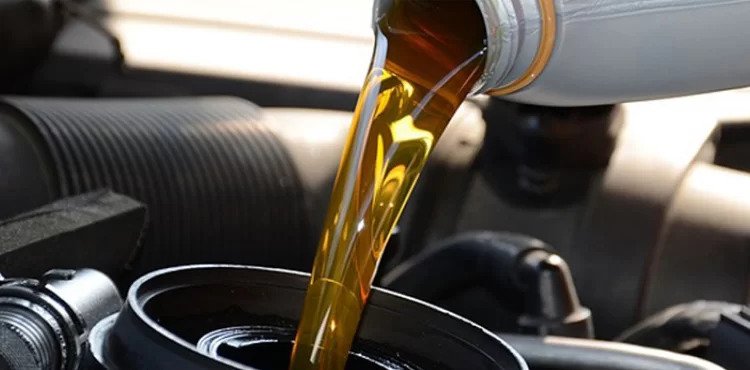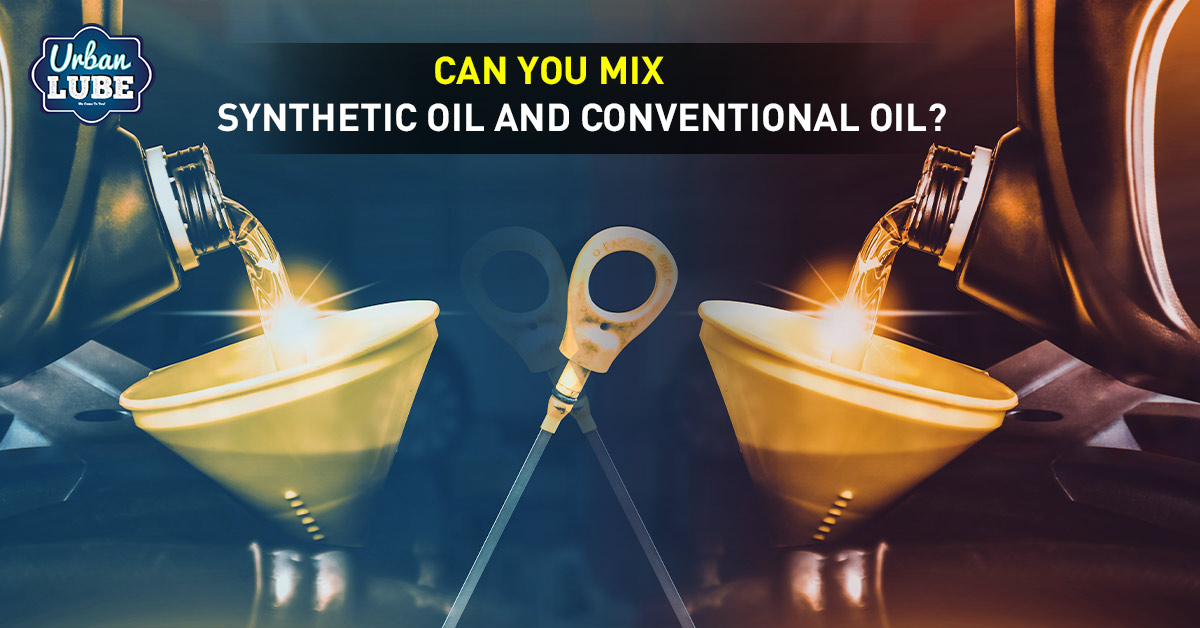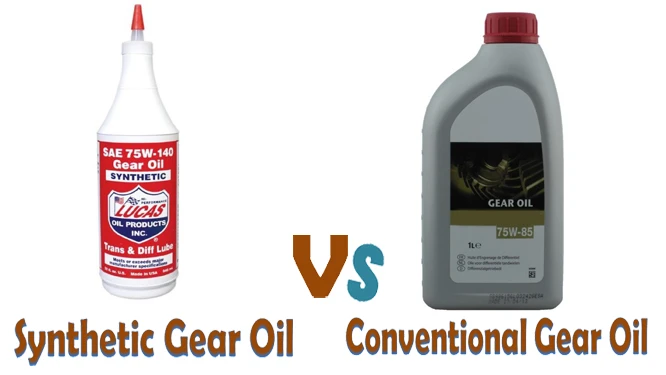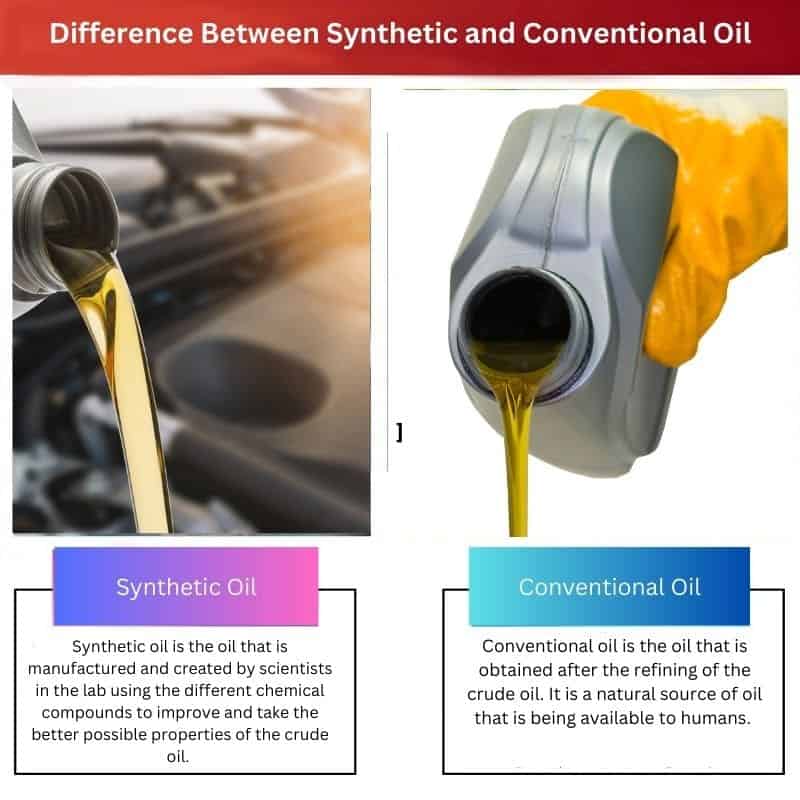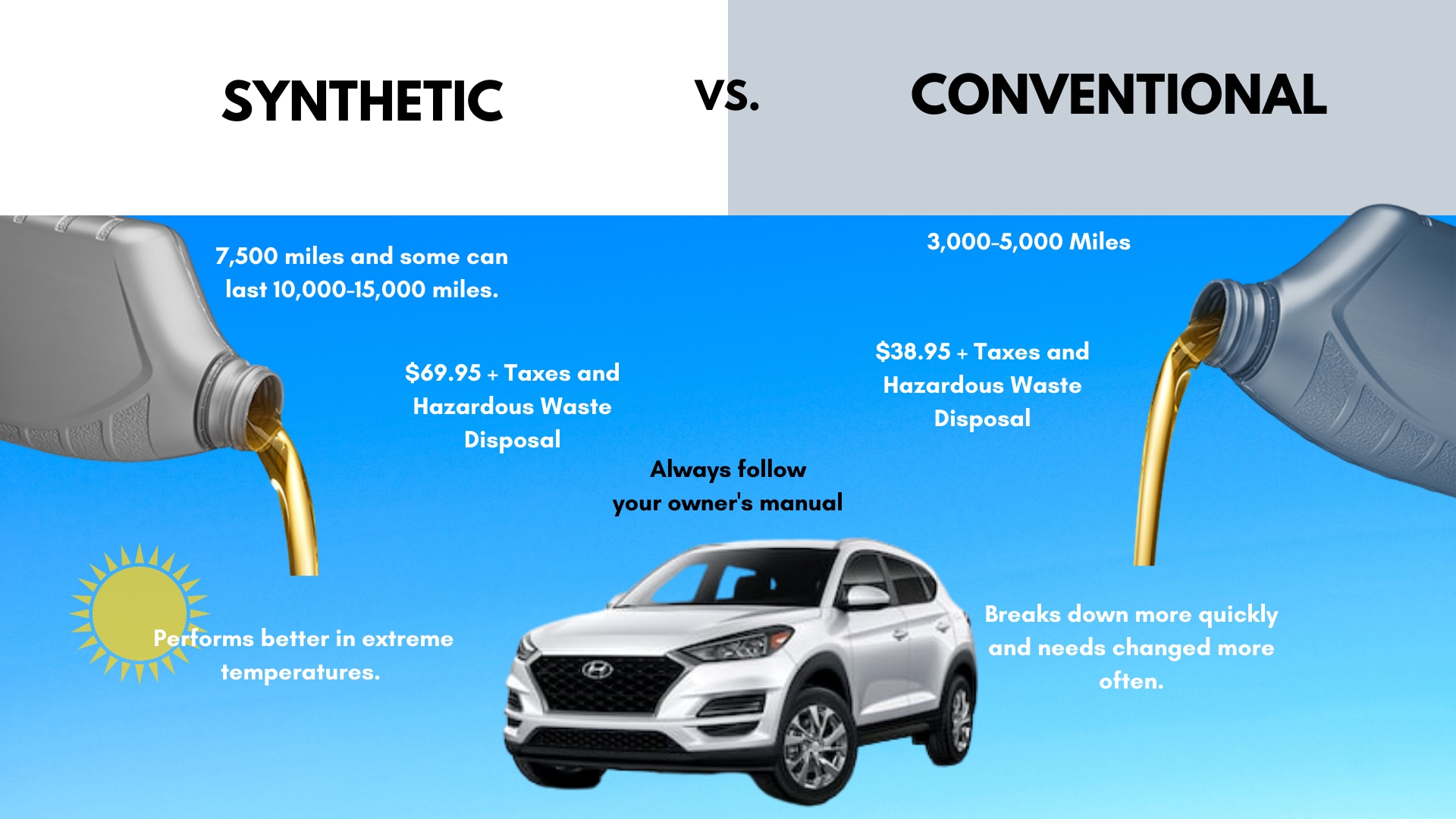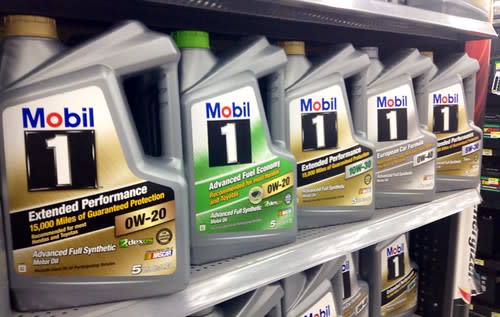What Happens If You Mix Synthetic Oil With Conventional Oil

The question of whether mixing synthetic and conventional motor oil is harmful to your engine has been debated for years. While modern engines are engineered with greater tolerances, understanding the potential consequences of this practice remains crucial for vehicle maintenance and longevity.
This article delves into the effects of mixing these two types of oil, examining potential impacts on engine performance, warranty considerations, and the overall health of your vehicle. Understanding the science behind motor oil formulation is key to making informed decisions about your car’s upkeep.
At its core, motor oil serves to lubricate the engine's moving parts, reducing friction and wear. It also helps to cool the engine, clean away deposits, and protect against corrosion.
Understanding the Composition of Motor Oils
Conventional motor oil is derived directly from crude oil. It undergoes refining processes to remove impurities and is then blended with additives to enhance its performance.
Synthetic oil, on the other hand, is created through chemical synthesis, offering a more uniform molecular structure and often containing higher-quality additives. This results in enhanced properties such as better resistance to high temperatures, improved cold-weather performance, and extended drain intervals.
The Mixing Question: What Happens?
The prevailing consensus among automotive experts and oil manufacturers is that mixing synthetic and conventional oil will not immediately damage your engine. Both types of oil are compatible and designed to lubricate effectively.
However, mixing them essentially dilutes the benefits of the synthetic oil. You are, in essence, creating a blend with performance characteristics somewhere between a full synthetic and a conventional oil.
Dr. Emily Carter, a chemical engineer specializing in lubricant technology, explains, "Mixing the two won't cause a catastrophic failure. The concern is that you lose some of the advantages you paid for with the synthetic, such as its superior high-temperature stability and resistance to oxidation."
Impact on Performance and Longevity
Mixing oils can diminish the extended drain interval benefits associated with synthetic oils. Synthetic oils are formulated to resist breakdown for longer periods, allowing for less frequent oil changes.
When mixed, the blend's lifespan becomes closer to that of conventional oil, requiring more frequent changes to maintain optimal engine protection. Therefore, mixing negates some of the cost savings offered by synthetics.
Furthermore, the superior high-temperature and low-temperature performance of synthetic oils may be compromised. While still providing adequate lubrication, the blend may not perform as well under extreme conditions compared to a full synthetic.
Warranty Implications
Most vehicle manufacturers recommend using specific oil types and adhering to specified oil change intervals. Using the wrong type of oil or deviating from recommended intervals could potentially void your engine warranty if a lubricant-related failure occurs.
While mixing synthetic and conventional oil is unlikely to be a direct cause for warranty denial, it is advisable to consult your vehicle's owner's manual or contact the manufacturer for clarification on specific warranty requirements.
Always use oil that meets the API (American Petroleum Institute) standards specified in your manual.
Meeting API standards is far more important than whether the oil is synthetic or conventional.
Real-World Scenarios and Human Interest
Consider the case of Maria Rodriguez, a single mother who relies on her car for work and transporting her children. Unaware of the potential drawbacks, she topped off her engine with conventional oil after noticing a low oil level, despite having previously used synthetic.
"I just needed to get the level up, and that's all I had on hand," she explained. While her engine continued to run, she later learned from a mechanic that she was not getting the full benefit of the synthetic oil she had initially used, and shortened the lifespan of the oil change interval.
For everyday drivers, understanding these nuances can translate to long-term savings and peace of mind, helping them make informed decisions about vehicle maintenance and potentially avoiding costly repairs down the line.
Best Practices and Recommendations
While mixing is not inherently damaging, it's generally best to stick with one type of oil, either full synthetic or conventional, for each oil change. If you've been using synthetic, continue to use synthetic to maintain its performance advantages.
If you accidentally mix the two, it's not a cause for immediate panic. However, consider shortening your oil change interval to align with that of conventional oil, ensuring continued engine protection.
Before making any decisions, consult your vehicle's owner's manual for specific recommendations regarding oil type and change intervals. This is the most reliable source of information for your particular vehicle.
Conclusion
Mixing synthetic and conventional oil will not cause immediate engine damage, but it will dilute the benefits of synthetic oil. For optimal engine performance, longevity, and adherence to warranty requirements, it's best to stick with the type of oil recommended by the manufacturer and maintain consistent oil change intervals.
By understanding the science behind motor oils and following recommended maintenance practices, vehicle owners can ensure their engines receive the best possible care.
